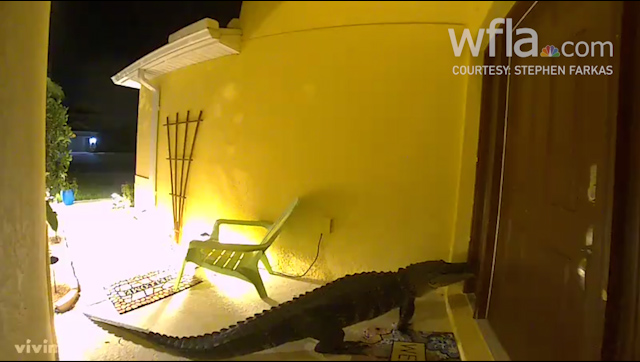COLUMBUS, Ohio (WCMH) – “Help me. I am still in here and I still can’t get out.” That was the desperate plea for help – not from a prisoner, but from a Central Ohio woman who was trapped inside her own mind.
It started as an apparent bad reaction to anesthesia from a routine colonoscopy.
But, it was so much more. It touched off a months-long medical nightmare for the woman who was lost, and the husband determined to reach her.
“I was having trouble concentrating,” said Jackie Babcock.
It started as memory and concentration issues after a routine surgery – but here is some of what followed.
“I was starting to get delusional. I didn’t understand what was going on around me. I couldn’t put my thoughts together to say what I wanted to say, and all I kept telling everyone is I am not crazy.”
Her husband, Richard Babcock, explained: “At this point, I’m thinking it’s still postoperative cognitive dysfunction. But the more it went on, we realized we’ve got delusions, we’ve got hallucinations. She was seeing Santa Claus being pulled by Rudolph and eight [pterodactyls].”
Jackie developed Tourette’s-like symptoms and obsessive-compulsive behaviors.
“I was compelled to read every single sign, every single license plate, every single tractor-trailer. I couldn’t stop.”
Neurologists told them to see a psychiatrist, psychiatrists told them to see a neurologist.
“Then it just all…there was like a blizzard of symptoms. It just all hit at once,” Jackie recalled.
Richard started painstakingly documenting and videotaping his wife’s behaviors. She was often catatonic with just brief moments of lucidity.
NBC4’s Colleen Marshall said, “You’re within your mind, looking out at the world and not able to tell the world I’m here?”
“Yeah,” said Jackie. “It’s just little pieces, bits from your entire life, and your brain is trying frantically to put it into something that makes some kind of sense.”
Then late one night, as she wandered around the house, she had a brief flash of lucidity and spent what seemed like hours writing a two-line note.
“I finally was able to get out, ‘help me, I’m still in here and I still can’t get out.’ I remember going back to bed that night, just praying that he would find my note,” said Jackie.
Richard joined in: “…and I found it, and at this point, I knew that she was still in there.”
Richard created a Facebook page, asking friends and family if anyone had answers. When someone suggested it might be a form of dementia known as Lewy Body Syndrome, they were told to go to Ohio State University’s Wexner Medical Center for testing.
“What they are able to see is a reduced uptake in the parietal lobe,” said Jackie.
An OSU doctor finally gave the definitive diagnosis, Lewy Body, an organic brain disease similar to Alzheimer’s. They had a diagnosis and he prescribed medicine that brought Jackie back.
“And it was a miracle. It was like waking up from the worst nightmare you can possibly imagine. Sometimes Lewy’s feels like being in solitary confinement, without yourself,” said Jackie. “The thing that I want relatives and caregivers and medical professionals to know, we are in here.”
“Watch our eyes. We are in here and we are trying to get out,” she said.
An estimated one million Americans have Lewy Body Dementia, according to the National Institute of Aging. It’s the second most common form of progressive dementia, after Alzheimer’s. It has no cure and is often misdiagnosed. The Babcocks hope the drug Jackie is taking will continue to hold off her progression.

